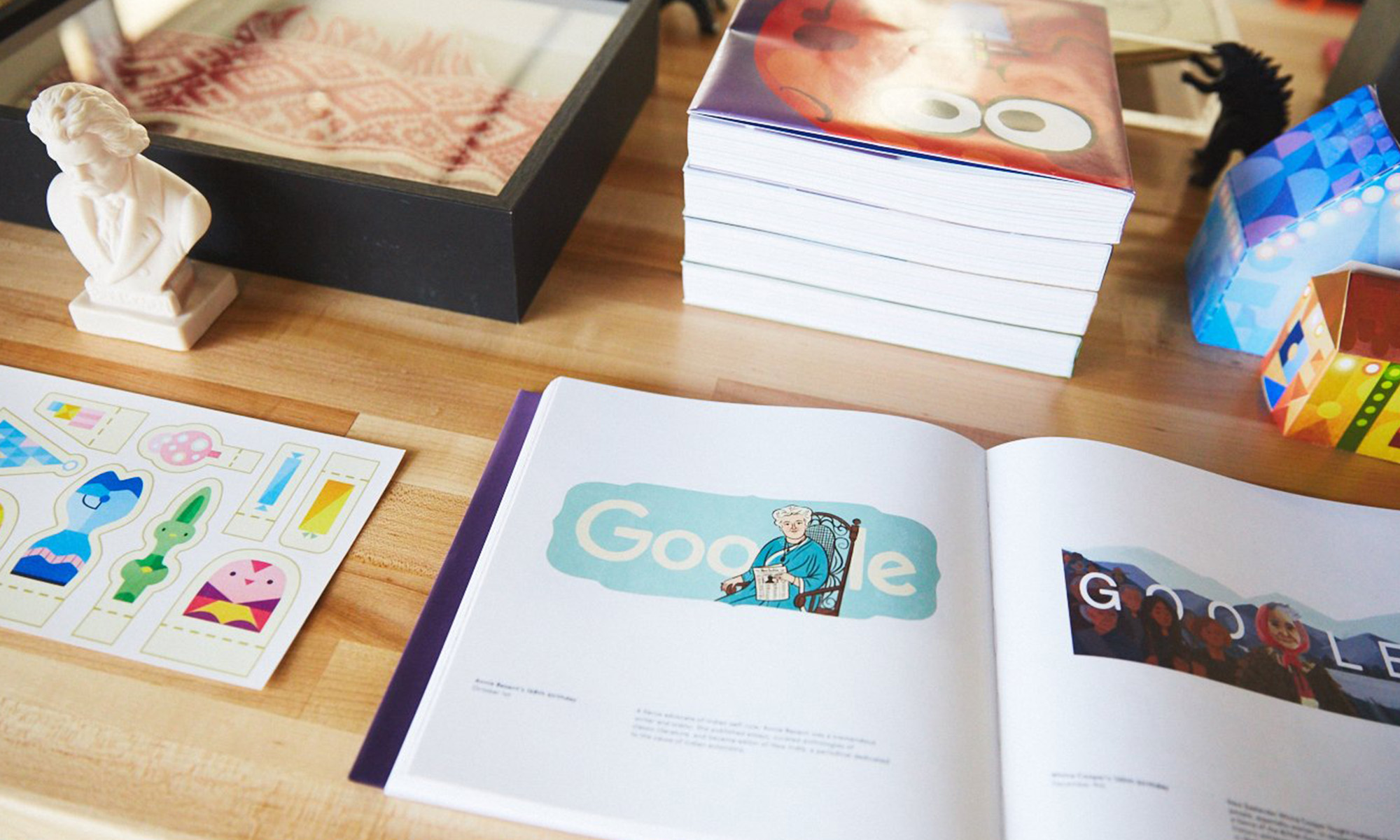In the wake of last year's significant market downturn, investors finally have cause to cheer. The S&P 500 jumped more than 20% from last year's bear market bottom, though it's currently taking a breather before attempting its next leg higher. The index sits just 12% below its all-time high (as of this writing). When it exceeds that threshold -- which is merely a matter of time -- it will mark the final criteria necessary to confirm the beginning of the next bull market.
While the recovery has begun, it has also been remarkably uneven. One example is digital advertising. Marketers have been slow to increase ad spend, still wary of a potential recession. Alphabet (GOOGL +0.85%) (GOOG +0.88%) -- as the worldwide leader in digital advertising -- was among those hardest hit. There are signs, however, that ad spending is rebounding from its historic drought.
While that's good news, there are also plenty of other reasons to buy Alphabet stock before this bull market begins in earnest.

Image source: Getty Images.
A search party success for Google
One of the biggest catalysts for this year's stock market recovery has been the buzz surrounding artificial intelligence (AI). Many experts are predicting significant productivity gains resulting from the accelerating adoption of generative AI.
While Microsoft received most of the attention for its AI developments, it's important to note that Alphabet's Google has a long and distinguished track record of deploying AI to improve the accuracy of its search engine. That strategy clearly paid off as the company controls a dominant 92% of the worldwide search market.
Google's search expertise drives its success in the world of adtech, another area where it holds a commanding lead. It receives roughly 30% of global online ad spending, according to data compiled by online industry publication Digiday. Rivals have long tried to wrest Google's stranglehold on the market, but those efforts have thus far proven unsuccessful.
Furthermore, Alphabet's recent results suggest the historic dry spell might finally be over. In the third quarter, Google's ad revenue increased 9% year over year, its quickest pace of growth in more than a year. The recovery is still ongoing, but once it resumes in earnest, Google will be the biggest beneficiary.
I've looked at clouds from both sides now
While Google Cloud has long been the smallest of the big three cloud infrastructure providers, it has been defined by speedy growth. The segment hit a speed bump in the third quarter, as growth slowed to 22% year over year, which CFO Ruth Porat blamed on "customer optimization efforts." While that might seem concerning at first glance, CEO Sundar Pichai tried to put that into perspective, pointing out that "60% of the world's thousand-largest companies are Google Cloud customers."
It's also worth noting that hyperscale cloud providers, Alphabet included, have a captive audience -- in the form of their cloud customers -- to target their AI offerings. This will no doubt continue as generative AI takes center stage, and Google Cloud is currently working to capitalize on that opportunity.

NASDAQ: GOOGL
Key Data Points
The AI wildcard
There's no denying the fervor surrounding recent advancements in generative AI, which has helped propel the market higher this year. The reason for the mad dash to adopt these next-generation algorithms is the promise of significant productivity gains. Generative AI can automate many simple tasks, freeing up employees for higher-level responsibilities, and ultimately saving businesses money.
Alphabet has been working feverishly to stake its claim. The company currently offers more than 100 AI models, via its Vertex AI platform, which helps cloud customers "build, deploy, and scale AI-powered applications." It also recently debuted Duet AI, which was specifically designed to make Google Cloud users more productive. Furthermore, Alphabet integrated AI into its cybersecurity, search, and online advertising offerings.
Perhaps the most exciting development is Project Gemini, the company's suite of large language models (LLMs), which forms the basis for its generative AI ambitions. Initial tests conclude that Gemini provides five times greater computational horsepower than OpenAI's GPT-4, according to data released by semiconductor research company SemiAnalysis. If this assessment is even close to accurate, this could mark the next generation of LLMs and a huge win for Alphabet.
While experts debate the ultimate value of this technology, it's generally thought to be in the trillions of dollars. There's little question that those with the largest troves of data and the ability to deliver these advancements via the cloud will likely have the most to gain from the AI revolution. In fact, Needham analyst Laura Martin suggests that the opportunity posed by generative AI will help propel Alphabet's market cap to $3 trillion over the next few years, or potential gains of roughly 89% compared to Tuesday's closing price.
Worth buying hand over fist
Given all it has to offer, Alphabet's value proposition is hard to beat. In addition to its dominant positions in global search and online advertising, its cloud infrastructure service -- as the smallest of the big three -- has the most to gain. There's also Waymo, its autonomous vehicle platform, and YouTube, the most widely used of all streaming services.
Yet, for all that opportunity, Alphabet stock is still remarkably cheap, selling for just 24 times earnings -- in line with that of the S&P 500 -- giving investors a lot of bang for their buck.
That's why I would submit that investors should be buying Alphabet stock hand over fist and holding it forever.






